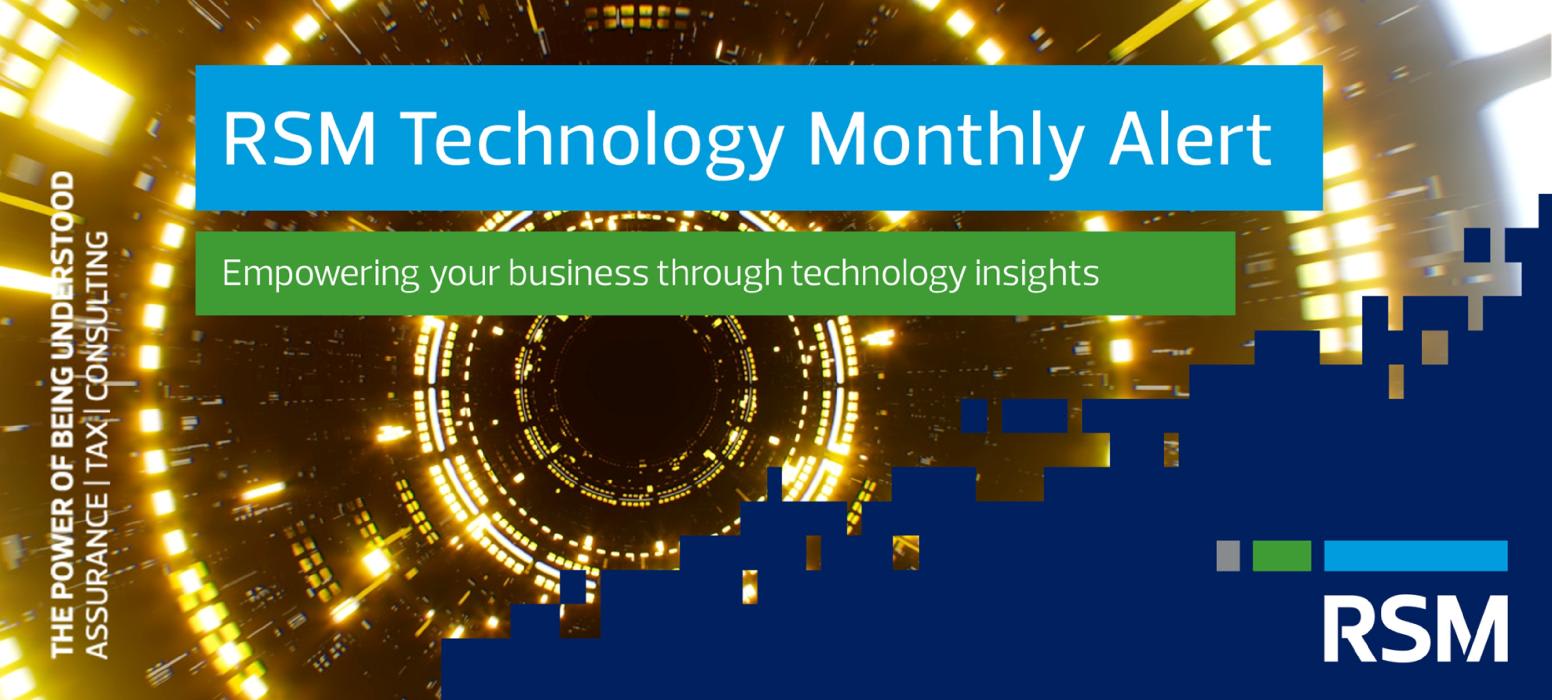|
Gemini AI Kids Edition debuts, prompting mixed reactions from parents On May 12, 2025, Google announced the launch of Gemini AI Kids Edition, a version of its AI assistant designed specifically for children. The Kids Edition features age-appropriate interactions, parental controls, and educational support to assist with learning activities. While the tool offers opportunities for enhanced learning, it also sparked a mix of enthusiasm and concern among parents. While the tool offers educational benefits like homework assistance and creative storytelling, many parents are wary of potential risks. Concerns include the AI's ability to provide inaccurate information, the lack of robust parental controls, and the possibility of children accessing inappropriate content through linked web searches. Amazon introduces Vulcan: a warehouse robot that can feel, think — and work with humans Amazon has unveiled Vulcan, an AI-powered warehouse robot equipped with a sense of touch, marking a significant advancement in robotics. Designed to handle approximately 75% of items in Amazon's fulfillment centers, Vulcan can identify and manipulate objects using tactile sensors and machine learning algorithms. By taking over physically demanding tasks, such as retrieving items from high and low shelves, Vulcan aims to reduce ergonomic strain on human workers. In tandem with this technological development, Amazon has initiated a retraining program for select warehouse employees, enabling them to transition into roles like robot technicians and maintenance engineers. Amazon emphasizes that Vulcan is intended to complement human labor rather than replace it. |
 |
NetSuite accounts payable automation boosts accuracy and speed As companies accelerate toward full accounts payable (AP) automation—expected by most finance professionals by 2025—they are focusing on high-impact areas like invoice approvals, payments, and data accuracy. NetSuite Accounts Payable streamlines these functions by automating invoice matching, approval routing, and payment processing, reducing manual effort and errors. When used within the broader NetSuite ERP system, it eliminates duplicate data entry and enables other departments to leverage real-time AP insights. This integration supports better cash flow management, faster payment cycles, and stronger fraud protection. NetSuite helps businesses transform AP into a strategic asset, enhancing both operational efficiency and organizational competitiveness. SAP integrates SAP Build into S/4HANA Cloud to simplify development SAP has announced the full integration of SAP Build into SAP S/4HANA Cloud, providing customers with a comprehensive suite of AI-powered development tools to accelerate application creation, extension, and automation. This integration includes both code-first and low-code capabilities under a unified license, eliminating the need for additional licensing and reducing complexity. The offering features the Extensibility Wizard for guided development, Joule AI for code generation and automation, and access to pre-built content, all designed to maintain a clean core while enhancing flexibility and reducing total cost of ownership. SAP Build is now available in the S/4HANA Cloud Public Edition and will be extended to the Private Edition in the second half of 2025. |
 |
Cyberattack surge hits SAP NetWeaver, exploiting critical vulnerability A second wave of cyberattacks is targeting critical vulnerability in SAP NetWeaver Visual Composer. This flaw allows unauthenticated attackers to upload arbitrary files and gain full control over affected systems. Researchers from Onapsis and Mandiant are tracking hundreds of confirmed compromises worldwide, spanning industries such as utilities, manufacturing, and critical infrastructure sectors. SAP released an emergency patch on April 24, urging all customers to update their systems promptly. Researchers have linked exploitation to a threat actor. The attackers have been observed using infrastructure hosted on Alibaba, Tencent, and Huawei cloud services, indicating a sophisticated and persistent threat. Ransomware claims drop slightly in 2024, but funds transfer fraud soars Coalition's 2025 Cyber Claims Report reveals a slight decline in ransomware claims in 2024, with average U.S. losses at $108,000. However, funds transfer fraud and business email compromise accounted for 60% of cyber claims. Consumer-facing and manufacturing sectors reported the most claims, while the energy industry had the highest claim amounts. Third-party breaches led to over half of all claims, averaging $42,000 per incident. Notably, 614 businesses failed to address critical vulnerabilities and suffered ransomware attacks totaling $307 million in losses. Prompt reporting enabled Coalition to recover $31 million in stolen funds. |



